FULL ARTICLE
END OF PROJECT EVALUATION OF RURAL WASH SECTOR SUPPORT IN ABIA AND CROSS RIVER STATES
Partners for Development (PfD) initially signed a 24-month Sub-Agreement with Global Environment and Technology Foundation (GETF) to implement Rural Water, Sanitation and Hygiene (WASH) Sector Support Project in Abia and Cross River States from 01 December 2016 through 30 November 2018, which was subsequently, extended through15 February 2019.
PfD collaborated with the Governments of Abia and Cross River States to implement this project that was co-funded by the United States Agency for International Development (USAID) and The Coca-Cola Foundation (TCCF), through the Water and Development Alliance (WADA) to improve and expand access to safe, affordable, sustainable and reliable water, sanitation, and hygiene services in rural communities.
At the end of the project, they hired Fatoa and Associates Nigeria Limited (FANL), to conduct an end of project evaluation.
The main aim of conducting an end line survey in the WASH related programme was to provide / establish evidences for all the outputs delivered in the project. Most importantly, provide an accurate measurement for the soft related activities for example the outputs produced as a result of the facilitation of the Community Led Total Sanitation (CLTS) approach, handwashing, and the institutionalization of these in the project communities. The other purpose would be to establish or provide basis for all physical outputs delivered in the project.
Specifically, the evaluation was expected to provide disaggregated data and information on project indicators in the various project communities in the four LGAs.
The key objectives of the Rural Water, Sanitation and Hygiene (WASH) Sector Support Project in Abia and Cross River States were:
• Increase access to improved sustainable water supply
• Increase access to improved sustainable sanitation.
• Increase adoption of key hygiene behavior’s
The scope of work for the evaluation covered selected communities as follows: 28 communities in Isuikwuato and Ohafia LGA in Abia State and 30 communities in Obubra and Odukpani LGA in Cross River State.
LESSONS, ISSUES AND RECOMMENDATIONS
LESSONS
• Effective Water, Sanitation and Hygiene Committee (WASHCOMS) are strong sustainability pillar for community water and sanitation programme. WASHCOMs require supportive monitoring and mentoring from the LGA WASH units to make it sustainable.
• Resources for follow up activities by the LGA WASH units are important for the maintenance of water supply facilities and achievement of ODF communities. This should be properly discussed and agreed with the LGA and State WASH agencies at the inception of any WASH programme.
• Some communities were too large to make triggering very effective, clustering or compartmentalizing such for triggering and follow up purpose would have been better.
• The installation of solar powered water supply facilities reduces the cost of operation and maintenance. However, the solar panels and pumps are prone to theft if not properly safeguarded.
• The need to conduct geophysical survey to determine the feasible water supply technology options and clearly discuss with the communities without making any promises. Some communities were not motivated to get communities to ODF when the geological survey did not favour borehole water supply option for their community.
ISSUES TO TAKE FORWARD
• Advocacy visit to Abia and Cross River State Government to provide resources for the LGA WASH units to provide supportive monitoring of the WASHCOMs, operation and maintenance of the facilities.
• Cluster large communities for retriggering, trigger the smaller communities, and follow up verification and certification processes in line with the National ODF protocols.
• Conduct participatory meetings to agree on the most feasible and cost-effective subsidy or tariff approaches that can support the operation and maintenance of WASH facilities in communities, schools, markets, and health centres.
RECOMMENDATIONS
• A more robust advocacy and influencing strategies should be integrated to similar projects to address bottlenecks and hinderances that prevented LGA WASH units from effectively monitoring the project.
• There is 98% WASHCOM functionality as a result of this project. In order to ensure sustainability, further trainings on WASHCOM roles and responsibilities, as well as constant coaching and mentoring at the LGA level, will be needed. During the project, WASHCOMs from different communities met to discuss issues and learnings periodically in the form of WASH Clinics. This practice should continue in order to ensure WASHCOM sustainability.
• The communities, schools, and health centres should be triggered for effective hand washing the way communities were triggered for CLTS. Practices such as hand washing would require more follow up and monitoring from the LGA WASH units.
• The context, environmental situation, population, and social norms determine the implementation of CLTS in different environment. Large communities should be clustered into manageable villages, triggering process for semi-urban communities, information and technical support on toilet technology options, follow up visits immediately after claiming for ODF, verifications, follow up verification and certification processes should be adhered to in line with the National ODF protocols. Future project should consider an LGA-Wide Sanitation Improvement programme rather than picking some numbers of communities for intervention.
• Community Led Total Sanitation should be integrated into the existing environmental sanitation laws particularly to take up household or landlords that do not want to build toilets.
• To ensure sustainability of facilities the VLOM and LAM structure need further linking to supply chain outlets with WASH units and RUWASSA for further training, mentoring and linkages with other projects and supply chain private initiatives.
• Future WASH project should be planned for at least four years to enable more follow-ups/strengthening of community WASH structures to avoid relapse and to promote WASH activities.
PHOTOS
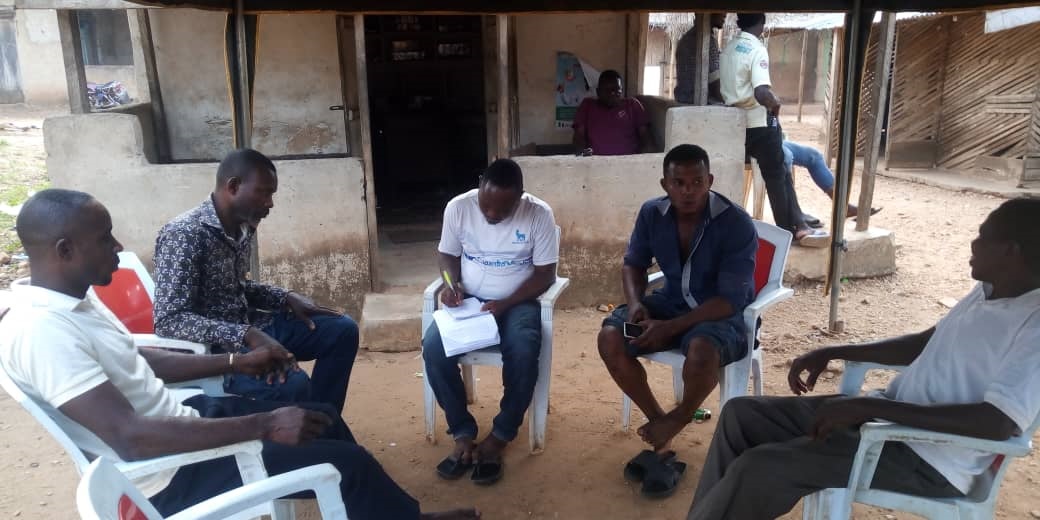 FGD with WASHCOM and community members in Okokori community in Cross River State
FGD with WASHCOM and community members in Okokori community in Cross River State
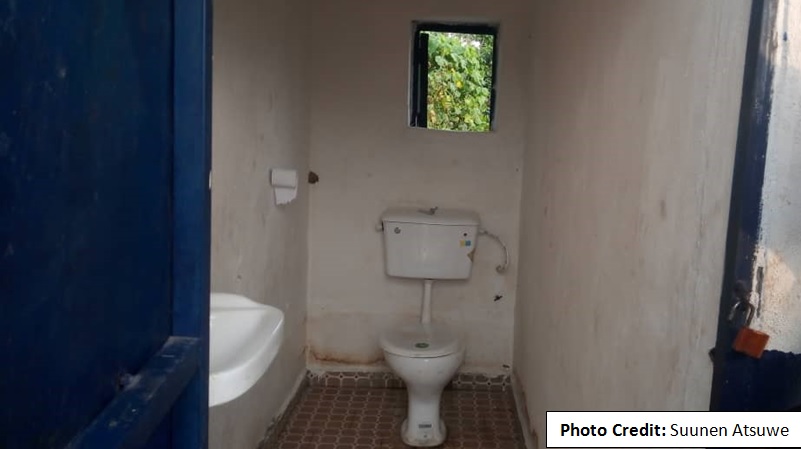
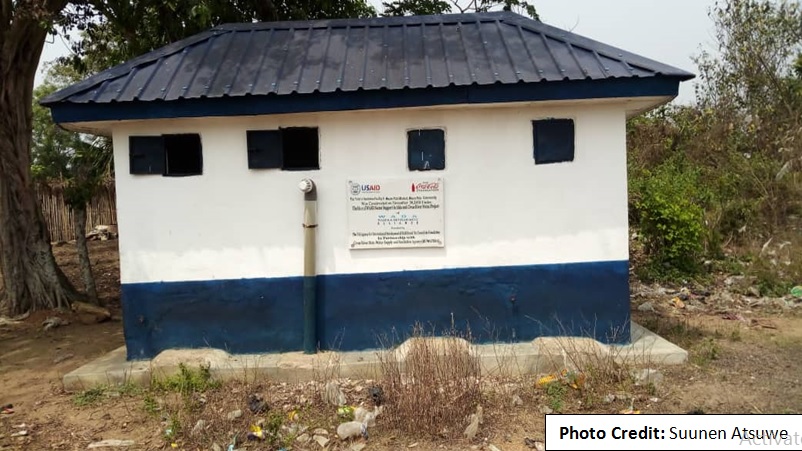 PCN Ekuri Group of School, Ndon Nyam Community in Cross River State
PCN Ekuri Group of School, Ndon Nyam Community in Cross River State
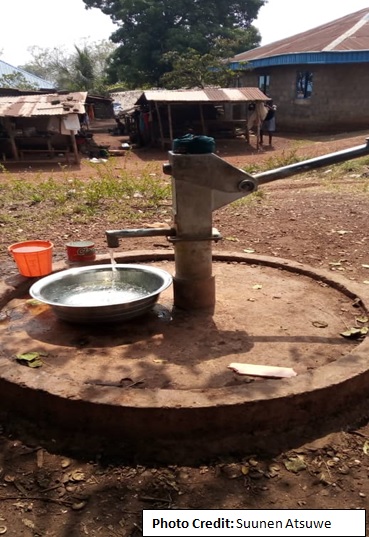 Handpump borehole Ohana community in Obubra LGA in Cross River State
Handpump borehole Ohana community in Obubra LGA in Cross River State
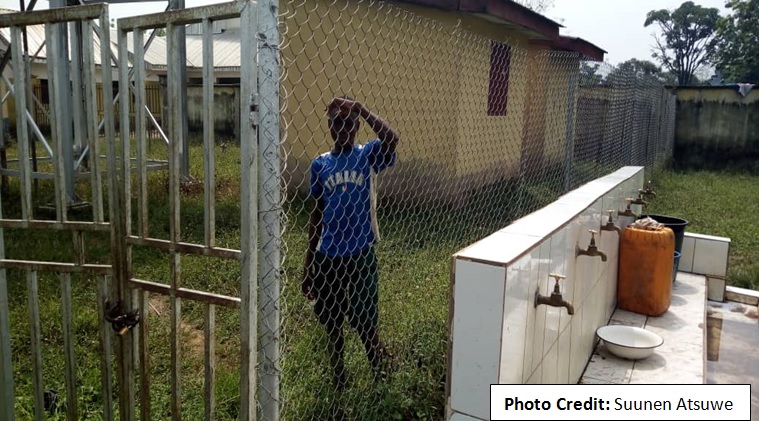 Solar borehole at Onyen Orangha community in Obubra LGA in Cross River State
Solar borehole at Onyen Orangha community in Obubra LGA in Cross River State
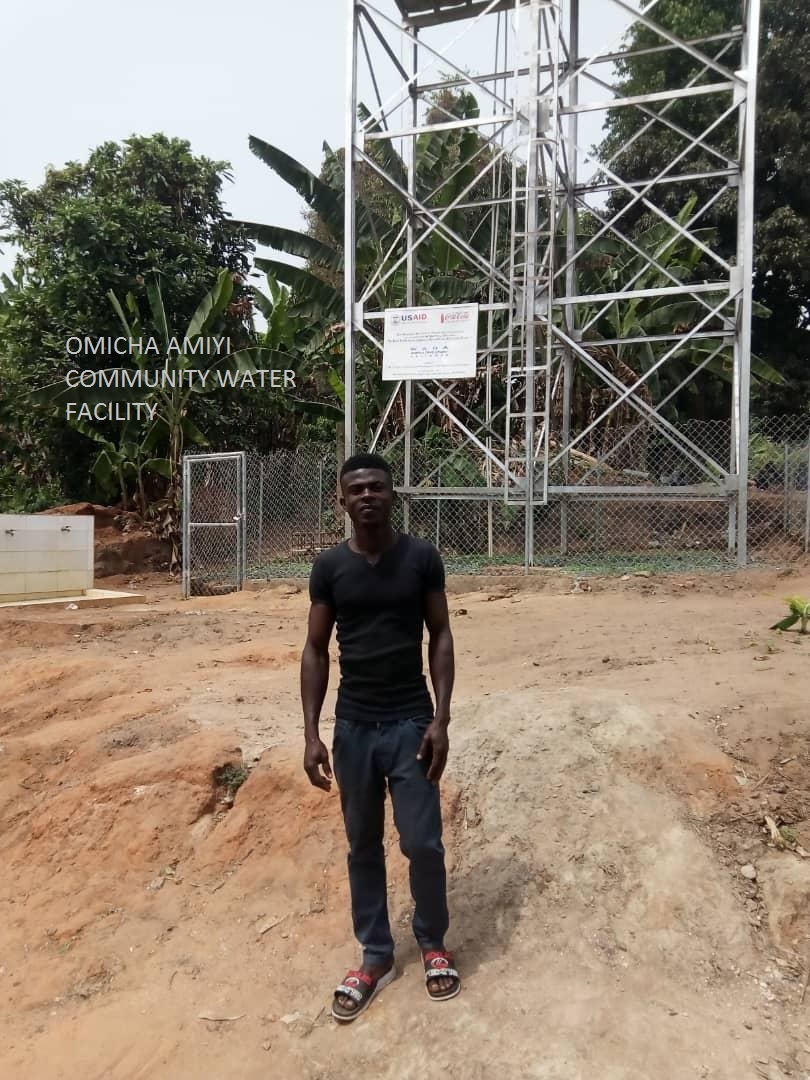 Onicha Amiyi Community Water Facility in Abia State
Onicha Amiyi Community Water Facility in Abia State
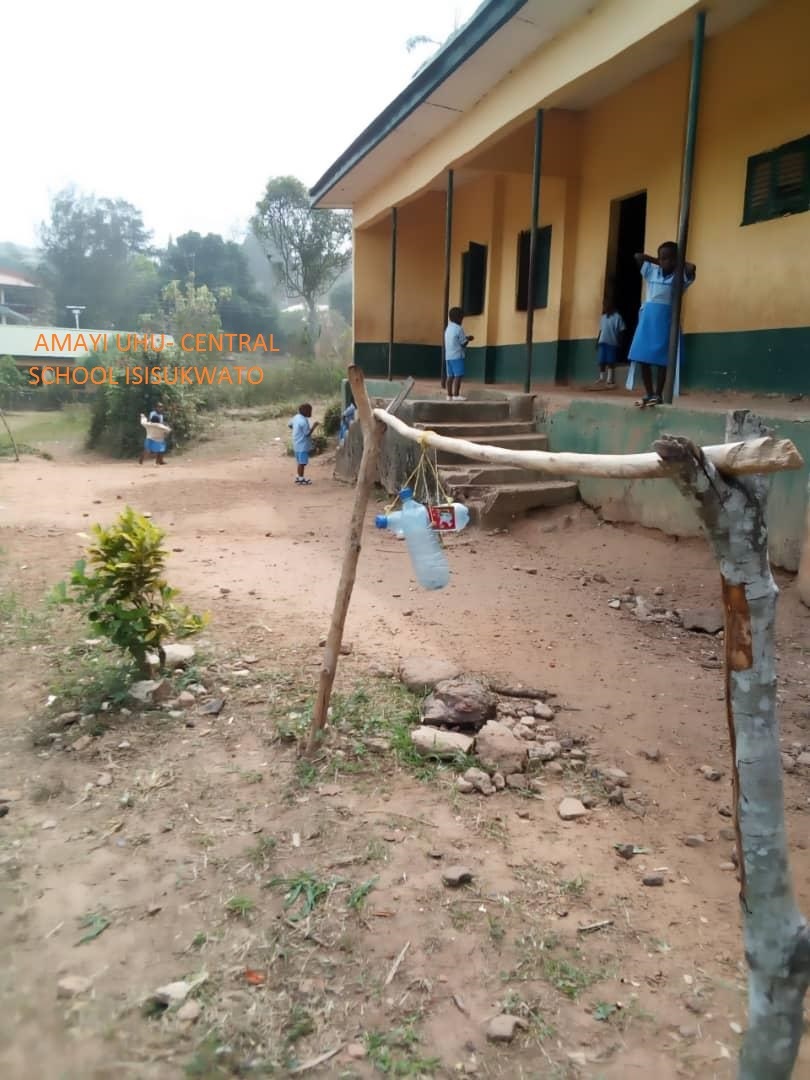 Amiyi Uhu Central School Isuikwuato LGA in Abia State
Amiyi Uhu Central School Isuikwuato LGA in Abia State
About
FATOA & ASSOCIATES NIGERIA LIMITED, is a development organization and social consultancy firm that has been established for the purpose of providing technical solutions to social development challenges. The firm is an answer to the dwindling technical resources required for the development of economic development Read More
Address
- House 22, 42nd Avenue, FHA, Phase 1, FHA, Lugbe, Abuja
- Phone : 08062421488
- Email : info@fatoa.com.ng
© 2025 - Fatoa & Associates | Design by Greenspek Solutions



